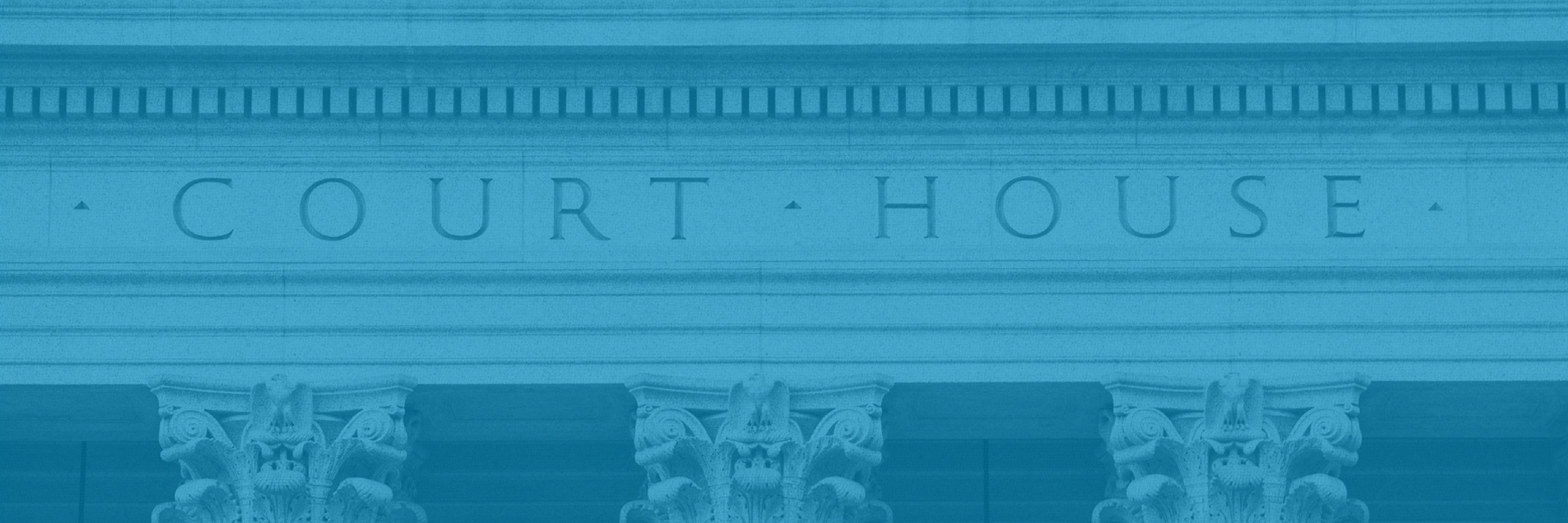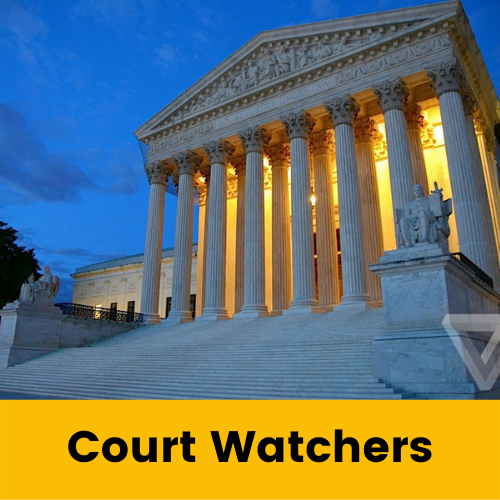In 2007, Congress found that...
- The Freedom of Information Act [FOIA] was signed into law on July 4, 1966, because the American people believe that:
- our constitutional democracy, our system of self-government, and our commitment to popular sovereignty depends upon the consent of the governed;
- such consent is not meaningful unless it is informed consent; and,
- as Justice Black noted in his concurring opinion in Barr v. Matteo [360 U.S. 564 (1959)], "The effective functioning of a free government like ours depends largely on the force of an informed public opinion. This calls for the widest possible understanding of the quality of government service rendered by all elective or appointed public officials or employees."
- The American people firmly believe that our system of government must itself be governed by a presumption of openness.
- The Freedom of Information Act establishes a "strong presumption in favor of disclosure" as noted by the United States Supreme Court in United States Department of State v. Ray [502 U.S. 164 (1991)], a presumption that applies to all agencies governed by that Act.
- "Disclosure, not secrecy, is the dominant objective of the Act," as noted by the United States Supreme Court in Department of Air Force v. Rose [425 U.S. 352 (1976)].
- In practice, the Freedom of Information Act has not always lived up to the ideals of that Act.
- Congress should regularly review Section 552 of Title 5, United States Code (commonly referred to as the Freedom of Information Act), in order to determine whether further changes and improvements are necessary to ensure that the Government remains open and accessible to the American people and is always based not upon the "need to know'' but upon the fundamental "right to know".




